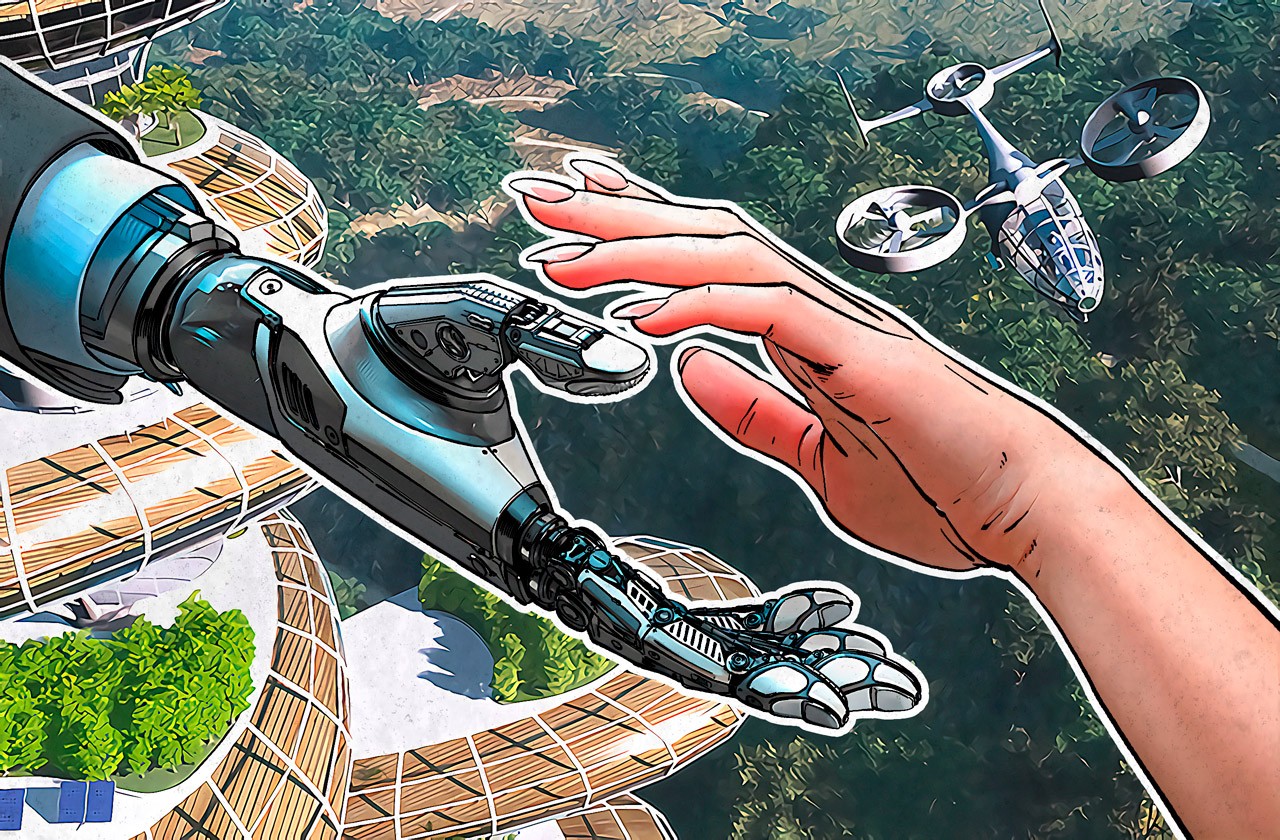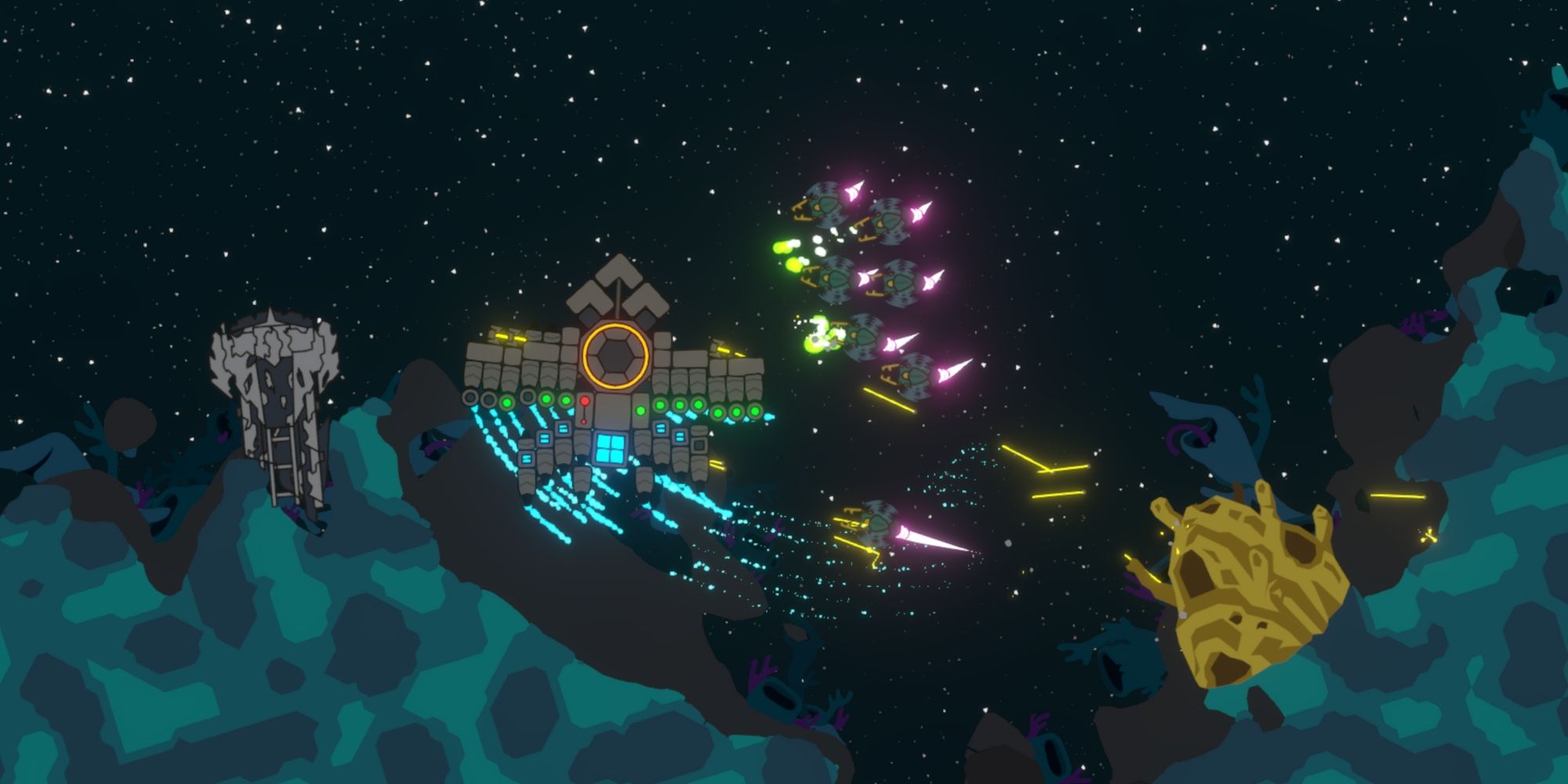Building Games in 2025: A Glimpse into the Future of Interactive Entertainment
Related Articles: Building Games in 2025: A Glimpse into the Future of Interactive Entertainment
Introduction
With great pleasure, we will explore the intriguing topic related to Building Games in 2025: A Glimpse into the Future of Interactive Entertainment. Let’s weave interesting information and offer fresh perspectives to the readers.
Table of Content
Building Games in 2025: A Glimpse into the Future of Interactive Entertainment

The year 2025 promises a significant shift in the landscape of video game development. Technological advancements, evolving player expectations, and the ever-expanding reach of gaming are converging to create a new era of interactive experiences. This article explores the key elements that will define game development in 2025, highlighting the technologies, trends, and challenges that developers will face.
The Technological Landscape:
1. Advanced Game Engines: Game engines are the foundation upon which games are built. In 2025, engines like Unreal Engine 6, Unity 2025, and emerging alternatives will offer unparalleled levels of realism and performance. They will incorporate features like:
- Physically Based Rendering (PBR): PBR simulates the interaction of light with materials, creating highly realistic visuals.
- Real-Time Ray Tracing: This technology simulates the path of light rays, enabling photorealistic reflections, shadows, and global illumination.
- Procedural Generation: Algorithms will generate game environments, assets, and even gameplay elements, reducing development time and fostering unique experiences.
- Advanced AI: Game AI will become more sophisticated, driving more intelligent and dynamic non-player characters (NPCs) and creating more engaging narratives.
2. Cloud Gaming and Streaming: Cloud gaming platforms like Google Stadia and Microsoft xCloud will continue to evolve, allowing players to access games without needing powerful hardware. This will:
- Democratize access to high-end gaming: Players with limited computing power can experience high-quality games.
- Reduce hardware costs: Players can avoid expensive gaming PCs and consoles.
- Enable cross-platform play: Players on different platforms can play together.
3. Virtual Reality (VR) and Augmented Reality (AR): VR and AR technologies will continue to mature, offering immersive and interactive experiences beyond traditional gaming.
- VR: Games will offer complete immersion in virtual worlds, blurring the lines between reality and fantasy.
- AR: Games will overlay digital elements onto the real world, enhancing existing environments and creating new gameplay possibilities.
4. Blockchain and Web3 Technologies: Blockchain technology will revolutionize game economies, enabling:
- Decentralized ownership: Players can own in-game assets like characters and items.
- Play-to-earn models: Players can earn cryptocurrency by playing games.
- Transparency and security: Blockchain provides a secure and transparent platform for game economies.
The Evolving Player:
1. Demand for Immersive Experiences: Players will demand more immersive and engaging experiences, pushing developers to create games that blur the lines between reality and fantasy.
2. Focus on Storytelling and Narrative: Games will increasingly emphasize compelling narratives and engaging characters, offering players a deeper connection to the worlds and stories they experience.
3. Customization and Personalization: Players will expect highly customizable experiences, with the ability to personalize their characters, gameplay styles, and even the game world itself.
4. Social Interaction and Community: Players will seek out social experiences, collaborating with others in online communities and engaging in shared gameplay.
Challenges and Opportunities:
1. Balancing Innovation and Accessibility: Developers will need to strike a balance between pushing technological boundaries and ensuring accessibility for players with different hardware and skill levels.
2. Ethical Considerations: The use of AI, blockchain, and other emerging technologies raises ethical concerns that developers must address, ensuring responsible and equitable game design.
3. Security and Privacy: As games become more interconnected and rely on sensitive data, developers must prioritize security and privacy, protecting player information and preventing malicious activities.
4. Maintaining a Sustainable Game Development Model: Developers will need to find sustainable business models that ensure the long-term viability of their games, balancing player expectations with financial realities.
Building Games in 2025: A Collaborative Effort
Game development in 2025 will be a collaborative effort, requiring developers to work closely with:
- Artists and Designers: To create stunning visuals and immersive environments.
- Writers and Storytellers: To craft compelling narratives and engaging characters.
- Sound Designers and Composers: To create immersive soundtracks and audio effects.
- Programmers and Engineers: To build the technical infrastructure and gameplay systems.
- Marketing and Community Managers: To reach and engage players, building strong communities around games.
FAQs:
Q: What programming languages will be most relevant for game development in 2025?
A: Languages like C++, C#, and Python will likely remain popular, while languages like Rust and Go may gain traction due to their performance and efficiency.
Q: How will the rise of cloud gaming affect the development process?
A: Cloud gaming will necessitate optimizations for streaming and network latency, potentially influencing game design and development workflows.
Q: What are the ethical considerations surrounding the use of AI in games?
A: Ethical considerations include bias in AI algorithms, potential for job displacement, and the impact of AI on player agency and autonomy.
Q: How can developers ensure the security and privacy of player data in 2025?
A: Developers must implement robust security measures, including encryption, access control, and regular security audits, to protect player information.
Q: What are the potential benefits of blockchain technology in gaming?
A: Blockchain offers the potential for decentralized game economies, player ownership of assets, and increased transparency and security.
Tips for Building Games in 2025:
- Embrace emerging technologies: Experiment with advanced game engines, cloud gaming, VR/AR, and blockchain to create innovative experiences.
- Focus on storytelling and narrative: Invest in compelling narratives, engaging characters, and world-building to create memorable experiences.
- Prioritize player agency and customization: Empower players to personalize their experiences, choosing their gameplay style, characters, and even aspects of the game world.
- Build strong communities: Foster a sense of community by encouraging social interaction, collaboration, and player-driven content creation.
- Address ethical considerations: Be mindful of the ethical implications of using emerging technologies, ensuring responsible and equitable game design.
- Stay adaptable and innovative: The gaming landscape is constantly evolving, so developers must remain adaptable and embrace new technologies and trends.
Conclusion:
Building games in 2025 will be an exciting and challenging endeavor. Developers who embrace emerging technologies, prioritize player engagement, and address ethical concerns will be best positioned to create compelling and innovative experiences. The future of gaming is filled with possibilities, and the games of 2025 will shape the future of interactive entertainment for years to come.








Closure
Thus, we hope this article has provided valuable insights into Building Games in 2025: A Glimpse into the Future of Interactive Entertainment. We thank you for taking the time to read this article. See you in our next article!